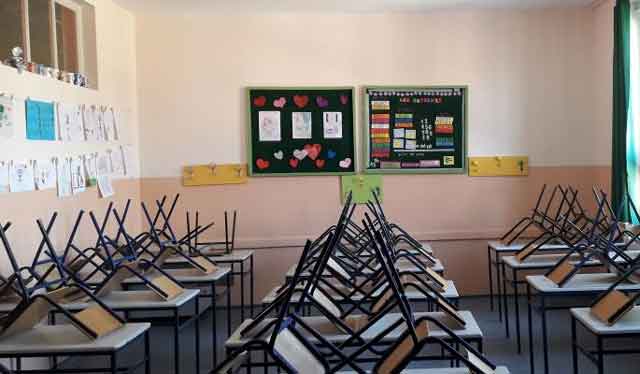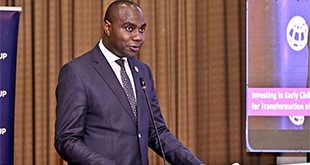
Kampala, Uganda | THE INDEPENDENT School closures implemented to protect students from COVID-19 are hurting them in other ways, while the long-term impact of this disruption to education could create a lost generation in Africa, two UN agencies have said.
The World Health Organization (WHO) and (UNICEF) urged governments on the continent to promote a safe return to the classroom while also limiting the spread of the virus. A survey conducted by the World Health Organisations in 39 sub-Saharan African countries has revealed that schools are open in only six nations and partially open in 19. Schools are closed in 14 nations, although 12 plan to resume classroom learning in September, after being closed for six months.
At the height of nation-wide lockdowns in April, approximately 91 per cent of the world’s students in more than 194 countries were out of school, causing immeasurable disruption to the lives, learning and wellbeing of children around the world. In Uganda, a total of 15 million children were out of school, yet even today, the possibility of reopening the schools hangs in balance.
The agencies say that the disruption to education has resulted in poor nutrition, stress, increased exposure to violence and exploitation, childhood pregnancies, and overall challenges in the mental development of children. A report by UNICEF found violence against children has increased in Eastern and Southern Africa.
“Schools have paved the way to success for many Africans. They also provide a haven for many children in challenging circumstances to develop and thrive,” said Dr Matshidiso Moeti, WHO Regional Director for Africa, and added that Africa must not be blind-sided by efforts to contain COVID-19 and end up with a lost generation.
“Just as countries are opening businesses safely, we can reopen schools. This decision must be guided by a thorough risk analysis to ensure the safety of children, teachers and parents and with key measures like physical distancing put in place,” Dr Matshido stated in a briefing last evening.
Meanwhile, the World Bank has highlighted the potential long-term social and economic impact of shutdowns in sub-Saharan Africa, which could result in lifetime earning losses of USD 4,500 per child.
“The long-term impact of extending the school shutdown risks even greater harm to children, their future and their communities”, said UNICEF Regional Director for Eastern and Southern Africa, Mohamed M. Malick Fall. He says that when we balance the harm being done to children locked out of schools, and if we follow the evidence, it leads children back into the classroom.
WHO, UNICEF and the International Federation of the Red Cross recently issued guidance on COVID-19 prevention and control in schools. It covers recommendations for physical distancing measures, such as staggering the beginning and end of the school day, spacing desks when possible, and providing handwashing facilities.
While also recommending other important measures, such as regular handwashing and daily cleaning of surfaces, a recent report by the two UN agencies found millions of children attend schools that lack water and sanitation services. In sub-Saharan Africa, only a quarter of schools have basic hygiene services while less than half have basic sanitation.
The COVID-19 pandemic thus provides an opportunity for investment and innovative thinking to address these shortages, according to the UN agencies.
********
URN
 The Independent Uganda: You get the Truth we Pay the Price
The Independent Uganda: You get the Truth we Pay the Price


